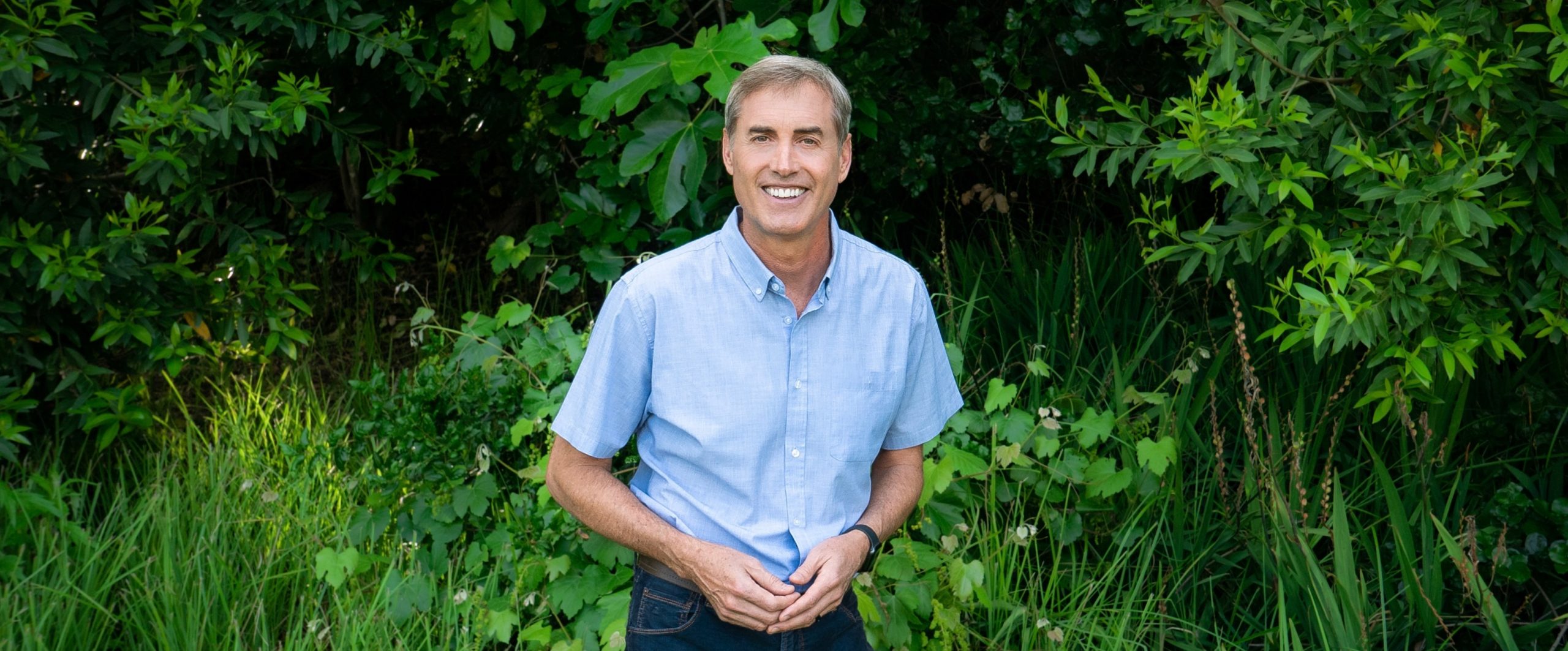A leap forward in AI ethics and safety
July 5, 2024

BJ: I’ve taught Tiny Habits to people around the world starting back in 2011. I created a free 5-day program with personalized coaching via email. I coached lots and lots of people — thousands each year. Many of them wanted a book.
But I was busy with research and teaching and industry innovation. I was too busy to write a book.However, one night I had a dream that I was riding in a plane. And the plane was going to crash. At the moment I realized I would die, I had deep regret that I did not write the book Tiny Habits yet. It was an overwhelming sense of sorry and shame for not doing so. When I awoke, it was clear that I needed to set other projects aside and write this book.
BJ: “People change best by feeling good, not by feeling bad.”Yes, you can change and feel good and uplifting throughout the process. If you’re feeling bad — guilty or overwhelm, for example — you’re taking the wrong path for lasting change.
BJ: One of my chapter titles is this: “emotions create habits.”
In my book I go against the tradition idea that repetition creates habits. My research and hands-on experience showed that’s not true. Instead, it’s emotions.
Since the U.S. version of my book emerged in early 2020, I’ve seen a shift in how people talk about habits. Today, even in such a short time, the old myth about repetition is fading. And there is a lot more attention on emotions reinforcing our behaviors.
I see this as an emerging trend that will get stronger. In a few years, people will probably just assume that we’ve always knows that “emotions create habits.” But that’s not the case. When I made an entire chapter on this topic, and when I titled the chapter, I was taking a risk. I anticipated that I would get widespread criticism for going against the tradition. Not so. This idea is being quickly embraced.
I’m delighted that people — more and more — now know the truth.
BJ: Start now. Start tiny. And focus on new habits you want.(in contrast to procrastinate, go big, and focus on habits that you feel you should have)
BJ: My Stanford research lab is expanding our research on positive emotions. We want to help people learn to upregulate (increase) their positive emotions on a daily basis. In fact, today we are doing a “Positive Emotion Training” via Zoom for people around the world. This is part research and part public service.People need more positive emotions, now more than ever. Ultimately, with the Stanford training and Tiny Habits, I am working hard to give people hope. Yes, hope. That’s the motivation behind all my projects these days.
Thank you BJ
Thank you Bertrand
The book : BJ Fogg, Tiny Habits: The Small Changes that Change Everything, Houghton Mifflin Harcourt, 2019.